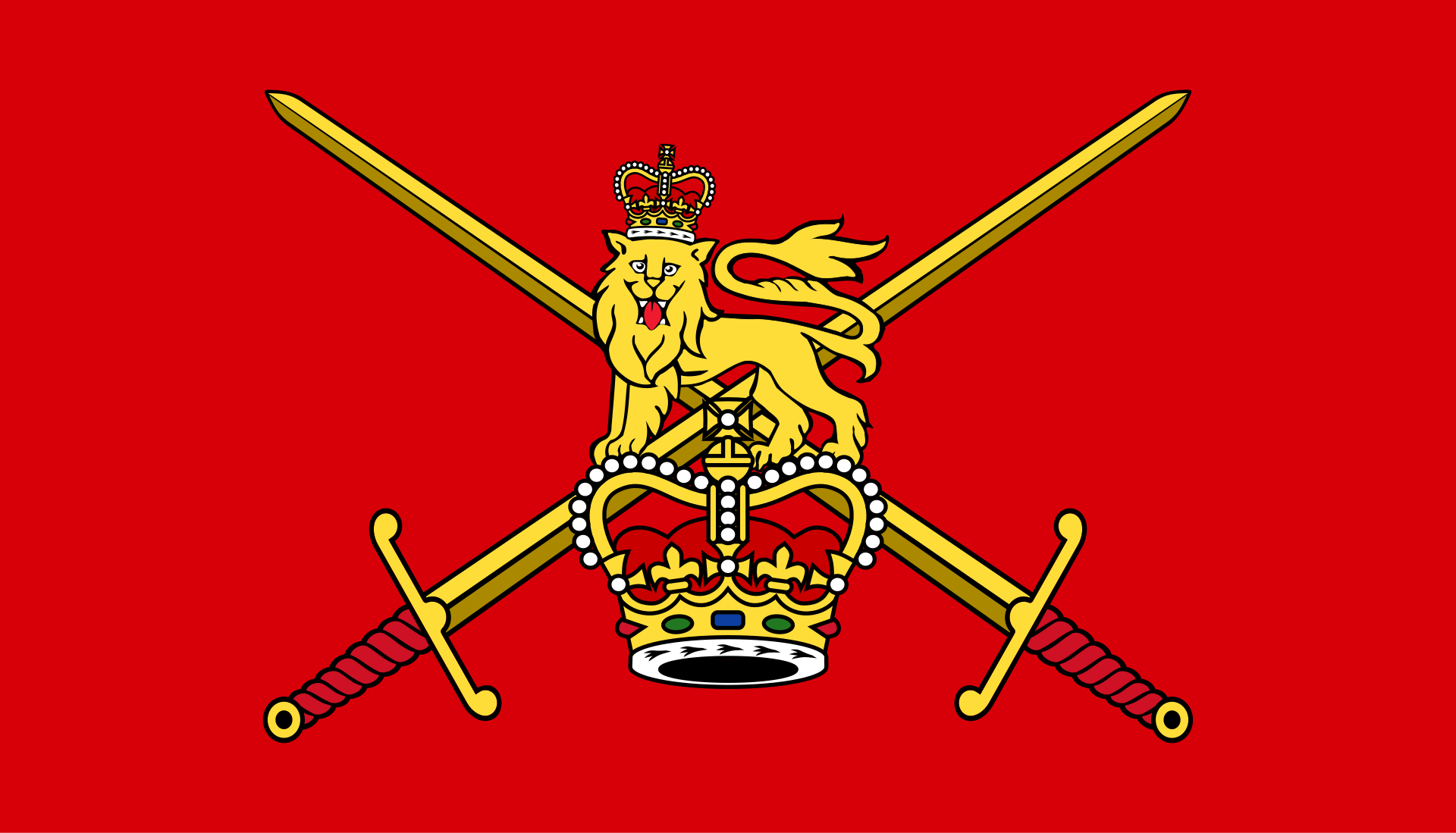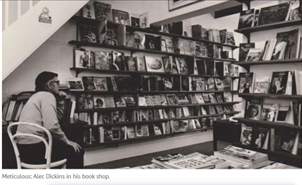 |
 Alex Collingwood Dickins Alex Collingwood Dickins
Alex (Alec) Collingwood Dickins Sr. was born in England in 1881. He was one of the two second-generation brothers of the New York global publishing house of Henry Dickins and Co. He had three children two daughters, Joan and Janet, and one son. Alex. Jr. In Rye his family lived at 6 Davis Ave.
Alex C. Dickins Sr. Obituary
Alex C. Dickins, recently a resident of Rye, died on Wednesday at the Harkness Pavilion in New York City. Services were held privately. About five yea is ago Mr. Dickens came to Rye with his family from England. he lived at Manursing Lodge until a few months ago. He is survived by his widow, Constance F. Dickins; two daughters, Joan and Janet, and one son. Alex. Jr. , who is serving in the British Army
PAGE SIXTEEN THE RYE CHRONICLE Friday, November 30 1945
Two of his children, Alec and Joan are on the Rye World War II Honor Roll. Joan joined the WAAF, serving in Padstow, UK, as a wireless operator until the war’s end and Alec with the British Army. Below is a bio on Alec Jr. taken from The Sydney Morning Herald.
Alec Collingwood Dickins Jr.
 Alec Collingwood Dickins Jr. was born on September 23, 1923 on a ship heading across the Atlantic. ''Born at sea'' presented many exchanges later in life when a birth certificate had to be presented. His father, Alex, was one of the two second-generation brothers of the New York global publishing house of Henry Dickins and Co. Alec Collingwood Dickins Jr. was born on September 23, 1923 on a ship heading across the Atlantic. ''Born at sea'' presented many exchanges later in life when a birth certificate had to be presented. His father, Alex, was one of the two second-generation brothers of the New York global publishing house of Henry Dickins and Co.
Alec went to the prestigious Harrow School in Middlesex, which nurtured his love of literature. His spoken English was as meticulous as his writing, and sometime wrongly gave acquaintances the impression there was a bit of pomp in him.
He loved English literature, including the work of Charles Dickens, whose surname he regretted was spelt differently.
By the 1930s, and after Alec's education at a respected East Coast college, his family had settled in fashionable Mayfair in London, but the family fortune was dwindling and inheritance taxes had to be paid. Alec's appreciation of English, developed through the family's love of books, served him well.
When World War II broke out, Dickins was on holiday with his family in America. So he crossed into Canada and joined the Canadian army. His family said he never talked about the war and, for that reason, cannot elaborate on the bunch of medals he had. He was nonchalant about danger and appears to have had a lively war.
Occasionally, in passing, he gave unexpected insights into this time. Anne Phillips remembers asking him the name of a bridge in an etching and he said it was over the Arno in Florence. He remembered because he had to crawl across it during a campaign for the advance of the Allied forces in Italy. So off-handed, casual and convincing were these occasional stories that there was no likelihood they could have been made up.
After the war, Dickins became a copywriter and manager in the advertising industry working for Time magazine and on marketing the Ten Pound Pom scheme in Britain.
This meant many trips to Australia, and Dickins finally settled in Sydney in 1970 and opened his bookshop that year. He continued to do the Times crossword every day and usually polished it off very quickly.
Dickins catalogued old books continuously and meticulously, and in the process saved many from destruction, but auctions became a less rewarding part of the collectible industry because of the intensity of descriptive skills required and the fall in the status of books in the community. His contribution to cataloguing may now look a vanishing and oblique skill.
 He failed, however, to instil a love of old books in his daughters. One of them, Ursula concedes, ''We grew up surrounded by old books and were a bit underwhelmed by them, especially after helping stack and sort them over the years.'' He failed, however, to instil a love of old books in his daughters. One of them, Ursula concedes, ''We grew up surrounded by old books and were a bit underwhelmed by them, especially after helping stack and sort them over the years.''
The sisters were always impressed though by the respect their father commanded in a world long gone, with books now increasingly in electronic form. Dickins even frowned on modern first editions, which have been the subject of several manic booms in the book business over more than a century, and he also eschewed the emphasis on investment that had taken over the rare-book field.
Dickins also had a valuable different perspective to most Australian bibliophiles who have tended to trade mostly in Australiana.
He lived in a world of British and other overseas antiquarian books - and maps - rather than Australiana, although he did not rule it out.
He was a leading light in the Australasian Antiquarian Booksellers Association, often sitting at the door at its annual book fairs, trying to resist the temptation not to let people in.
Dickins died in his North Shore Sydney nursing home the way he would have wanted - being given a gentle bubble bath by a young nurse.
Alec Dickins Jr. passed away August 7, 2013 and was survived by his daughters Ursula and Matilda, ex-wife Victoria and grandchildren RJ and Eloise.
|
|
 |